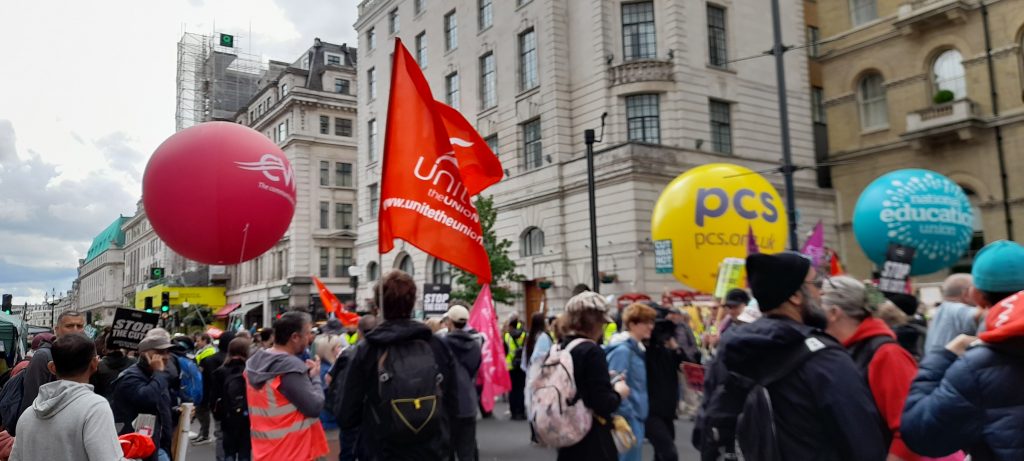
It’s not been a great couple of weeks for peace. The callousness of the Israeli genocide grinds on, reaching unconscionable depths. An attack on Iran appears to be in the balance. The US is ramping up its aggressive rhetoric against China and Ukraine choses this moment in its stalling negotiations with Russia to strike deep into the latter.
The attacks into (and from within) Russia mark a significant escalation of the war which appears to be largely lost on western mainstream media which seems to be celebrating these ‘acts of defiance by plucky Ukraine.’ The significance is in two parts; firstly the attacks on rail bridges when civilian trains were passing is being viewed by Russia and many independent commentators as ‘terrorism’ and secondly, the attack on strategic bombers comprises an attempt to directly undermine the last remaining strategic arms limitation treaty between Russia and the US.
Ordinary Russians are reportedly ‘furious’ and pressure is mounting on their hereto cautious and careful president to take decisive retaliatory action that stops the crossing of yet more Russian red lines in the future. Putin has told Trump that Russia will have to retaliate but, at the point of writing, it is not clear what this might comprise or where it will occur. Most bets are on Putin limiting this retaliation to Ukraine, but there are many voices in Russia arguing that this should be metered out on Ukraine’s sponsors. This is when us in the UK should be particularly concerned as Russia takes the view that our own MI6 was involved in preparing the attacks on the rail bridges – and it gets worse. Trump has denied knowledge of the attacks on the bombers and he might just be telling the truth as a) this operation began life under the Biden Administration and b) the US is not in a position to jeopardise the START treaty and negotiations to extend it later this year as it lags well behind Russia in the current development of next phase atomic weapons. So …….. rumours are circulating that the satellite imagery required to pinpoint the bombers may have been shared with Ukraine by ………. MI6.
It is within this context and trailed by aggressive military rhetoric against Russia that our Prime Minister has launched the UK Strategic Defence Review. This predictably plans to increase military expenditure and push forward a number of big ticket items with inevitable cost over-runs. Initially the funding will come from a reduction in the UK’s overseas aid budget but the long term budgetary constraints on other government programs are clear to see.
There seems to be little political pushback against this at the moment, but some unions have collaborated with academics and CND to produce an ‘Alternative Defence Review’ which is very readable and at 46 pages very manageable. I reproduce the executive summary here in full, followed by a link to the full report:
The UK’s 2025 Strategic Defence Review comes at a moment of intensifying global conflict, escalating climate crisis and soaring UK inequality. Yet, rather than rethinking the country’s militarised foreign policy in response to these pressures, the Government proposes to dramatically increase defence spending, a move that risks worsening each of these crises. This Alternative Defence Review challenges the dominant war narrative—cultivated by political elites, the military-industrial complex, and the mainstream media—and offers a new vision for peace, justice, and security.
We examine how militarisation has distorted national priorities, fuelled global instability, undermined international law, harmed the environment, and diverted investment from public services and social infrastructure. In this report, we show that increased military expenditure will be economically inefficient, environmentally destructive, and socially regressive, offering limited job creation while stifling a more sustainable and just economy.
Our review calls for a shift toward a significantly demilitarised defence strategy rooted in human security and common security—prioritising diplomacy, global cooperation, conflict prevention, and investment in health, education, climate resilience, social care, and the creation of well-paid, secure, unionised and socially useful jobs. We advocate for a significant reduction in military spending, an immediate halt to arms exports to countries involved in active conflict or human rights abuses (including Israel and Gulf states), and a Just Transition for defence-dependent workers and communities.
This report offers a credible, democratic alternative to militarism: a sustainable economy grounded in social justice, global solidarity, and the urgent need to build peace—not war—for the 21st century.
https://cnduk.org/wp-content/uploads/2025/05/ADR-digital.pdf
On Saturday 7th June The People’s Assembly and The Stop the War coalition organized a ‘bloc’ (which was really a march from Portland Place to Downing Street in London), with the straplines ‘Welfare not Warfare’ and ‘No more Austerity’. It wasn’t the biggest demo I’d been on (Guardian said ‘thousands’) but a respectable number turned up to clog the streets and make a lot of noise and demands outside the entrance to Downing Street. I’m sure Kier wasn’t at home but the location seemed symbolic.
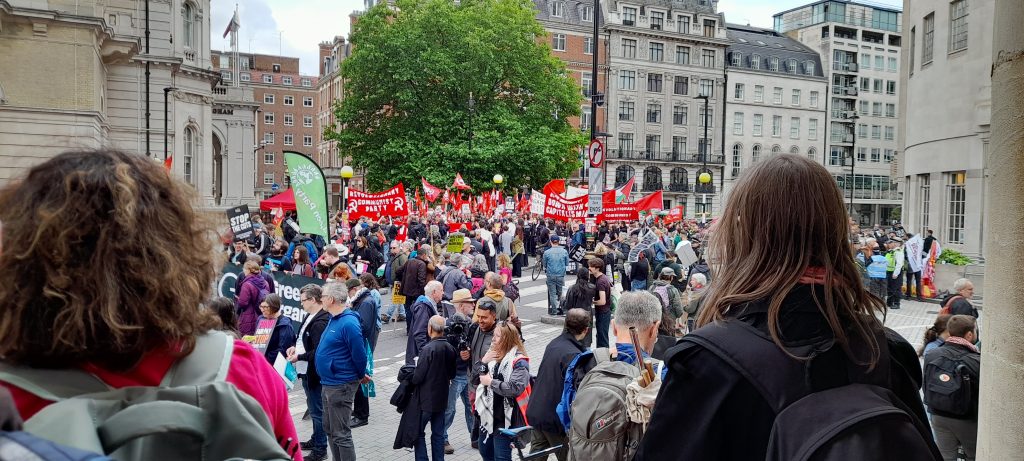
What impressed me was the number of union members who were there; teachers, bin operatives, nurses, doctors, care workers etc – all of whom had their representatives making short pithy speeches about the challenges their members were facing and the impact that continued austerity was having on their service users. Everyone decried increased military spending in this context, argued for properly funded public services and demanded that the rich were taxed more appropriately.
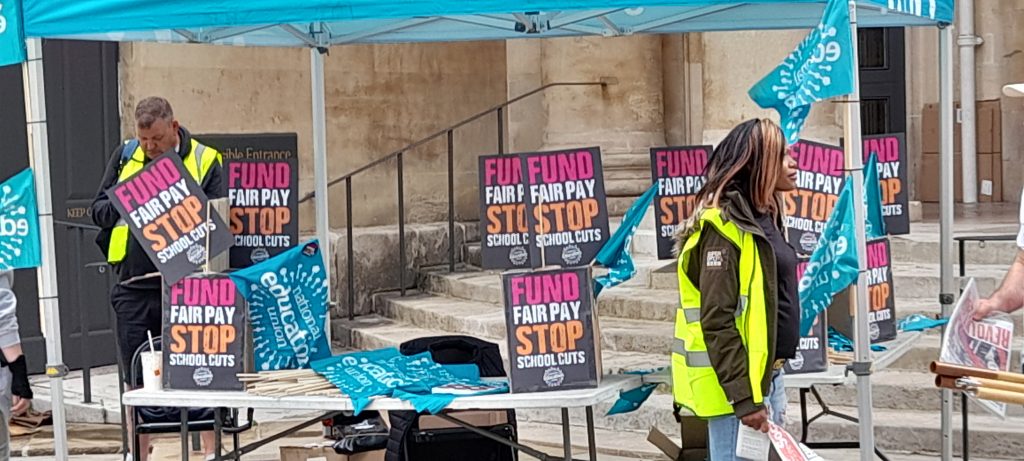
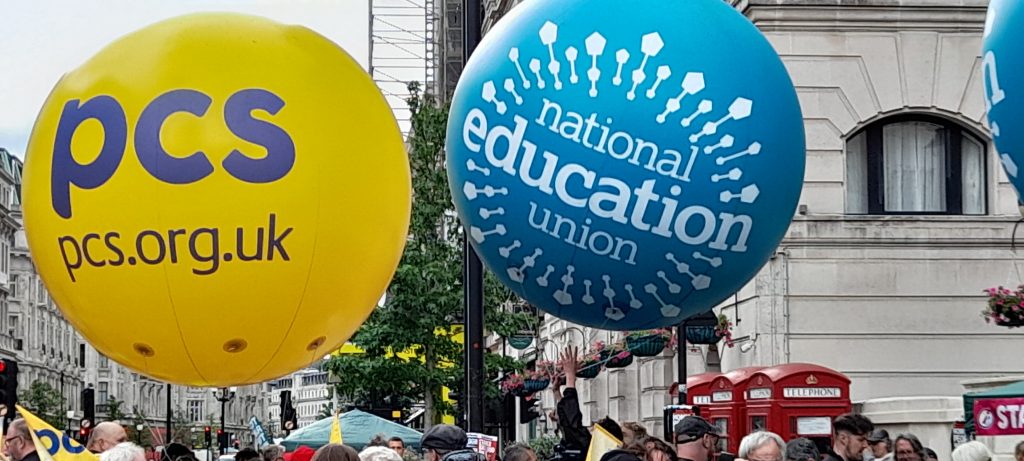
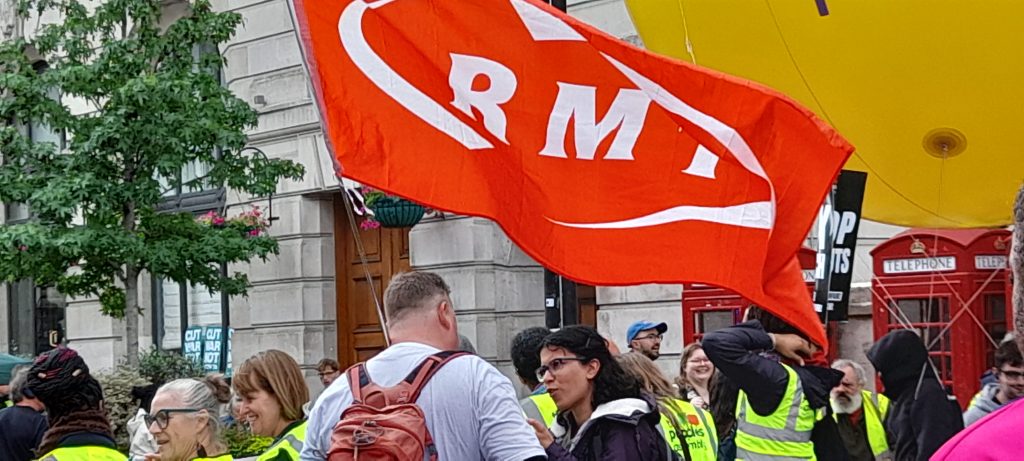
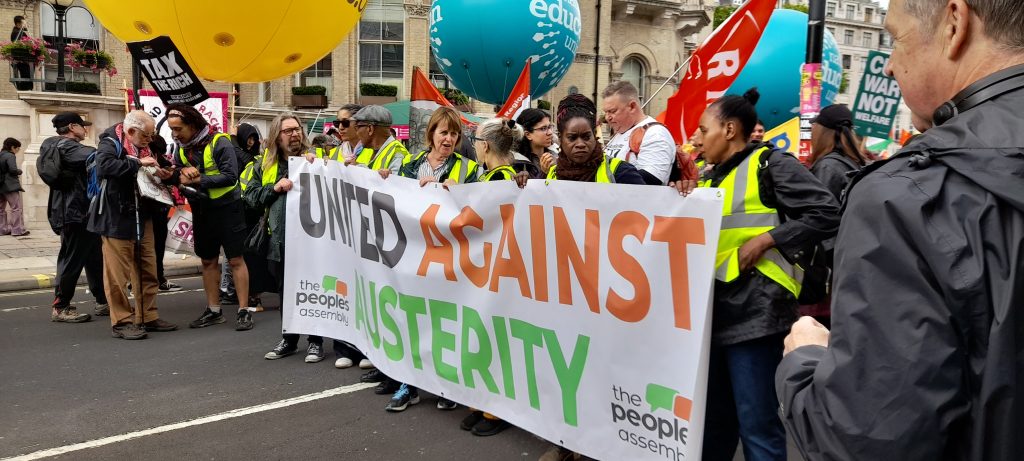
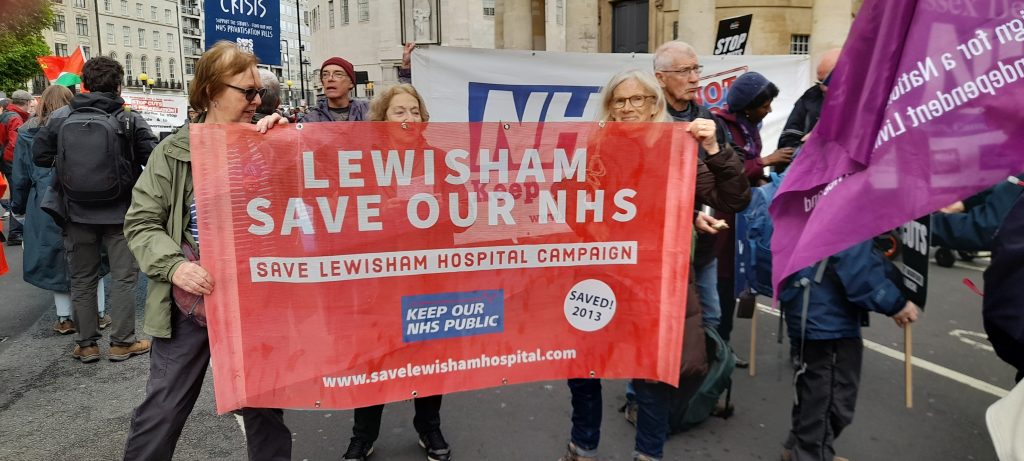
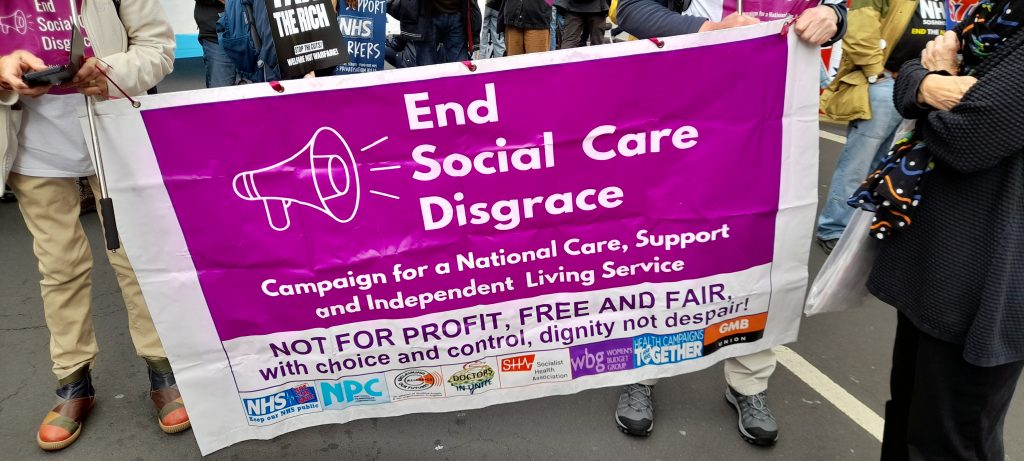
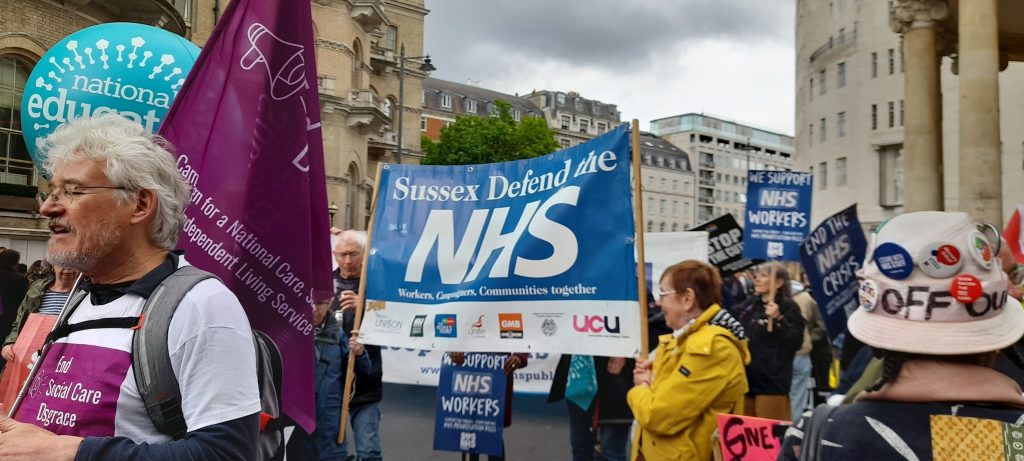
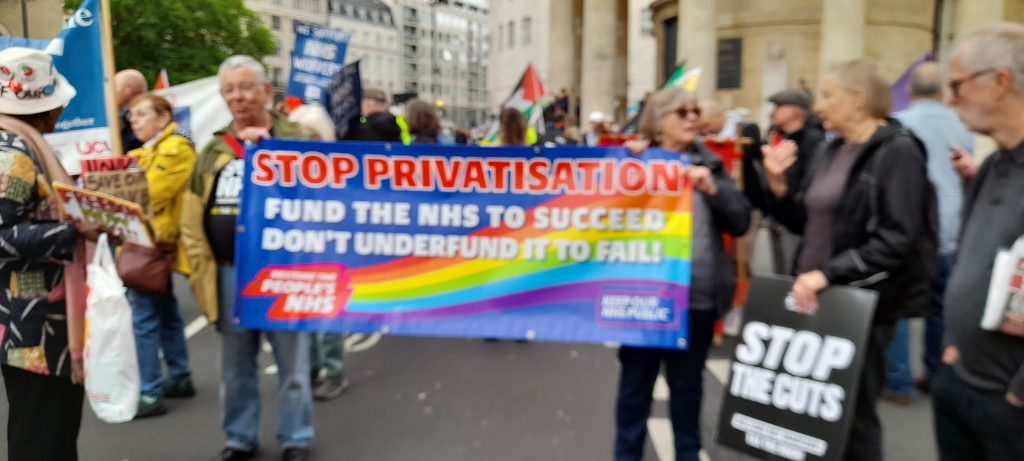
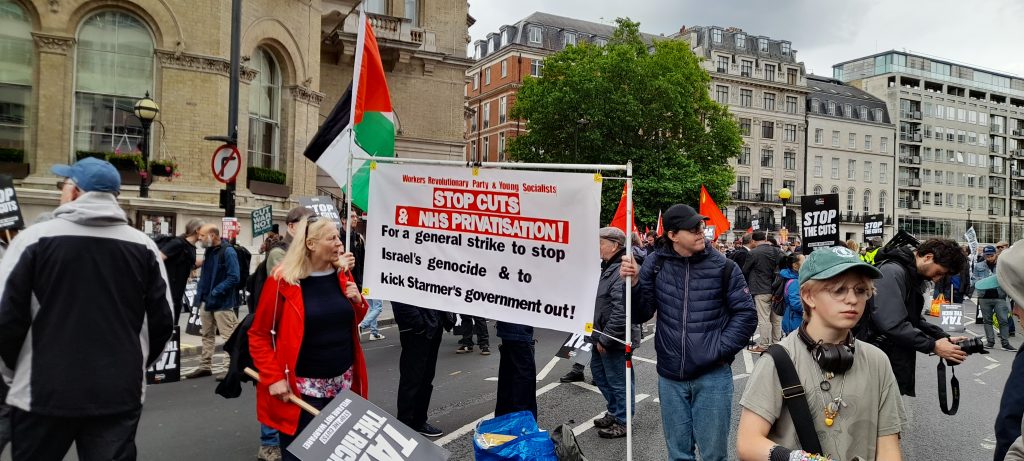
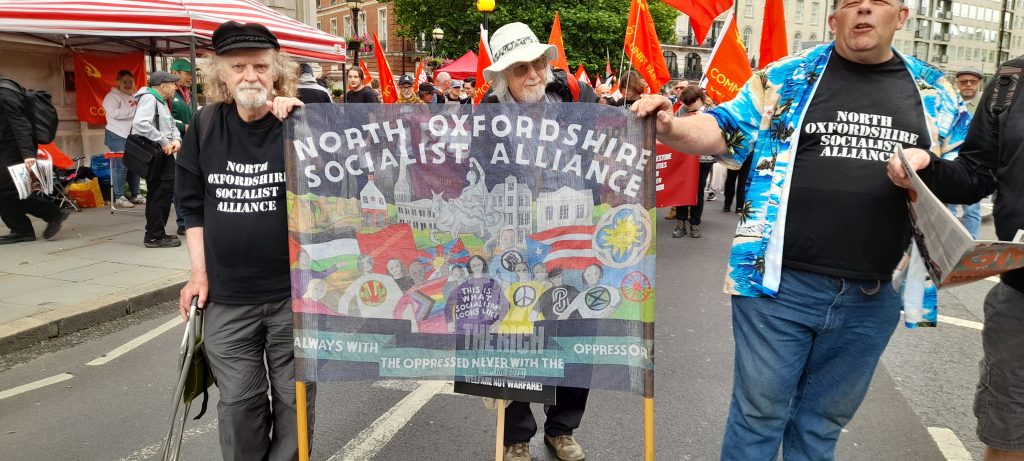
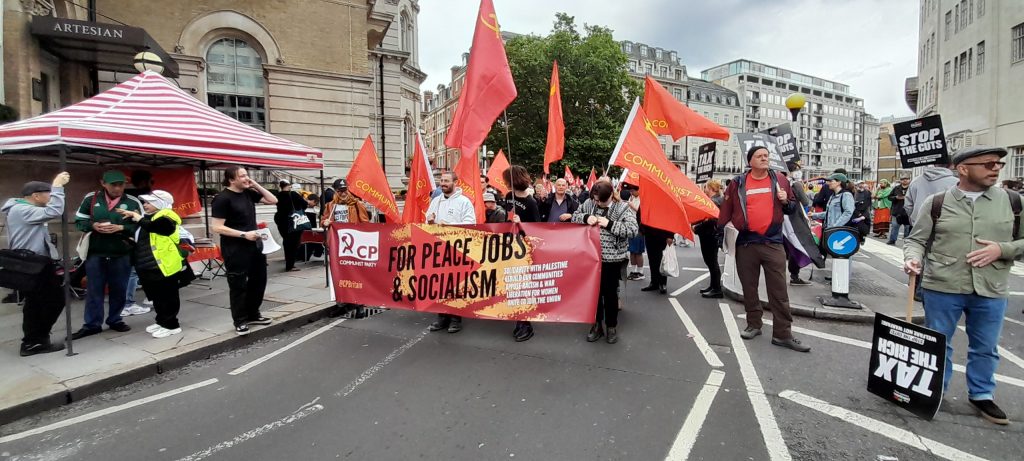
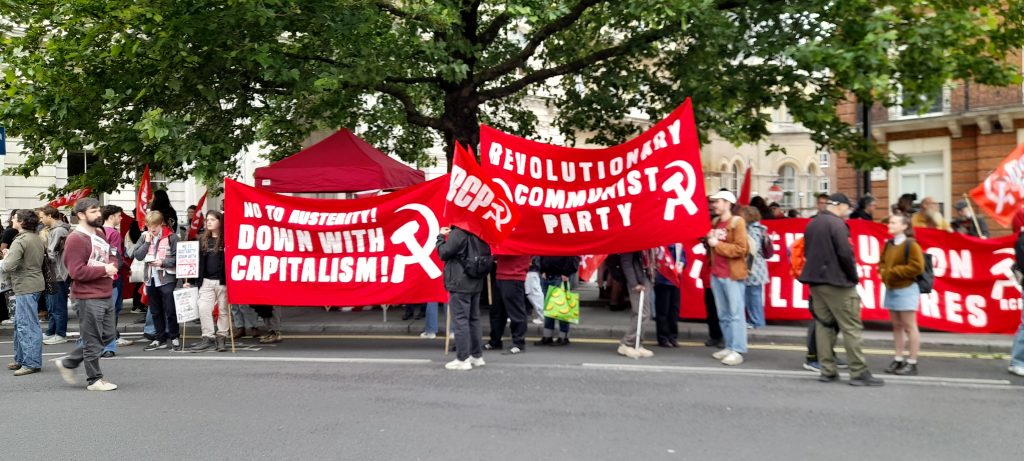
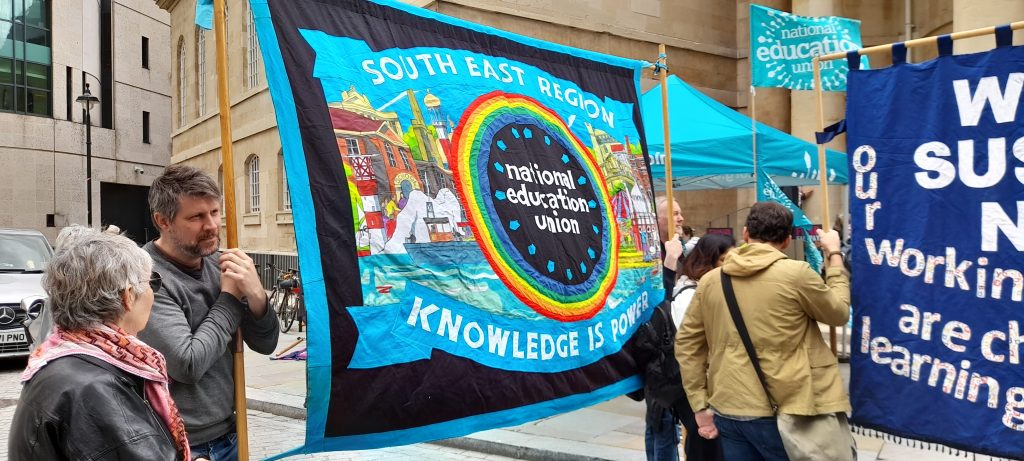
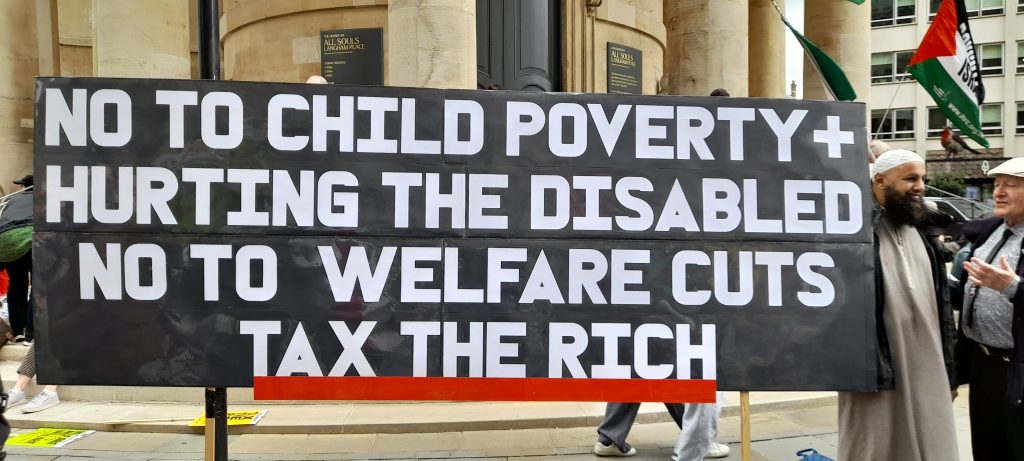
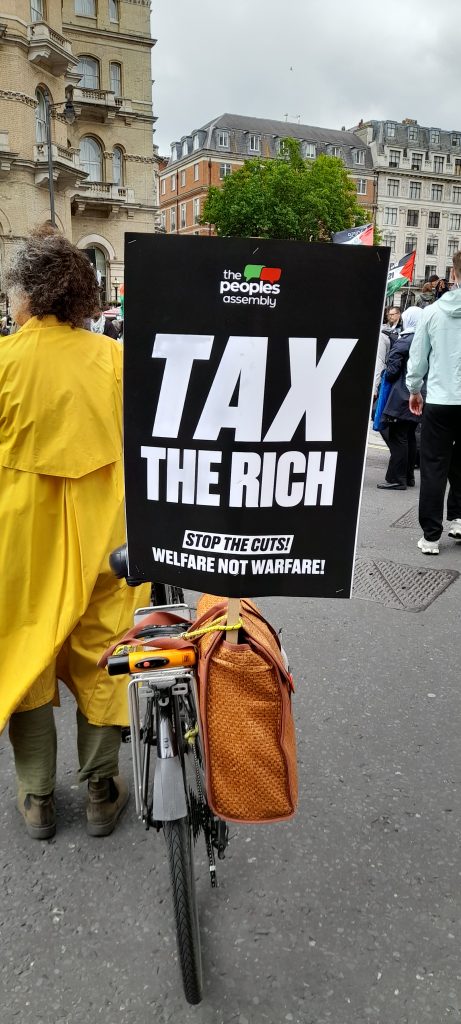
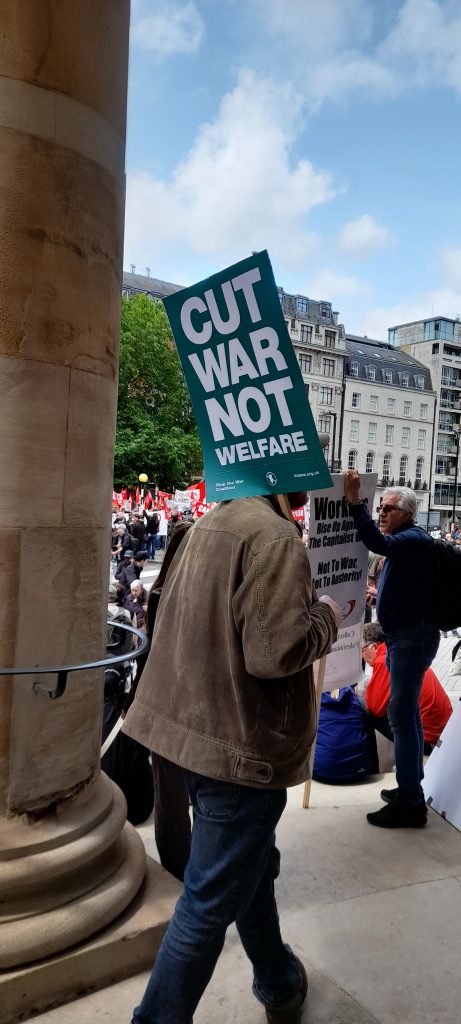
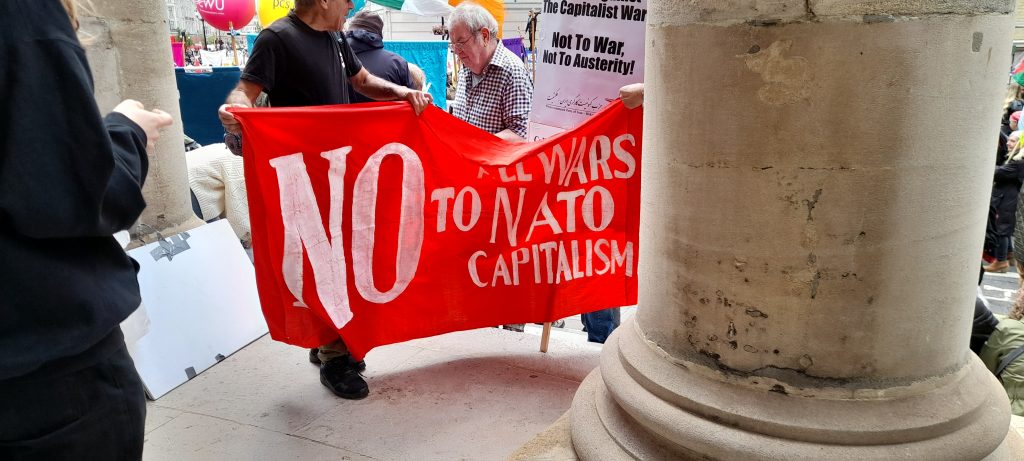


Bryan
Thanks for this, brilliantly written.
It seems no one in the West is prepared to take issue with Netanyahu who was a pretty evil person before becoming prime minister. He takes great comfort in all the support he gets from Trump of course. The UK is still exporting arms to Israel. Can you imagine how the West would react if the position was reversed, with Middle Eastern Countries deciding to attack Israel.
Peter
Bryan
Thank you Peter for your kind comment. we are living in increasingly worrying times.
Bryan